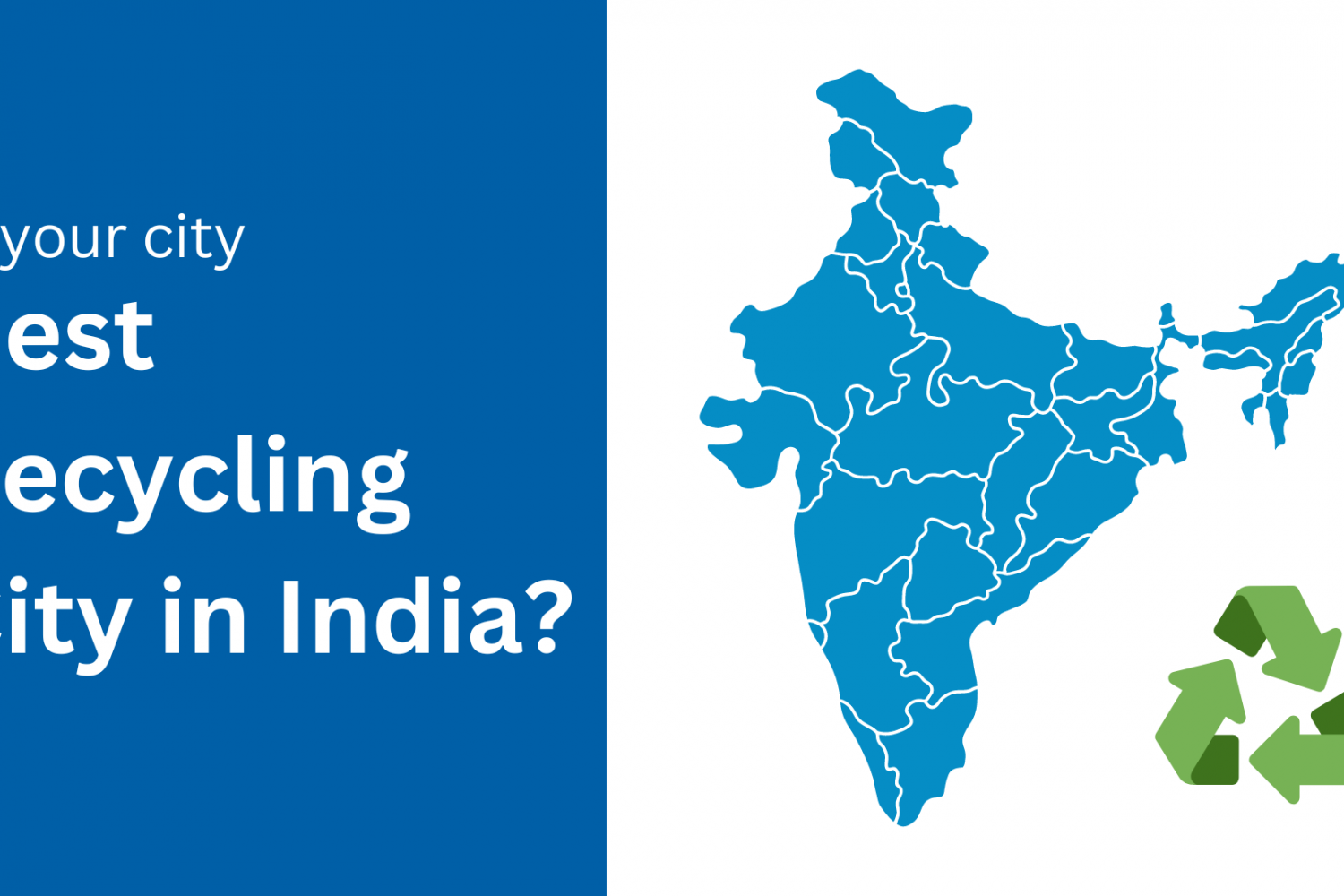With the increasing demand for efficient and sustainable waste management, India has made it a priority to introduce more progressive policies for garbage disposal. With all the work being done in this sphere, some of India’s cities are getting recognition as the best recycling cities in India!
What is Garbage Management?
In India, recycling is often seen as a way to make some extra income. But, but what many people don’t realize is that recycling can also help to keep our cities clean and garbage free.
Garbage management is the process of handling waste and rubbish in a safe and effective manner. This includes everything from collecting waste to disposing of it in a responsible way.
There are many different ways to recycle waste, but not all of them are equally effective. For example, sorting your waste into different categories ( paper, plastic, metal, glass) before sending it off to be recycled can help to ensure that it is recycled properly.
Composting organic waste (such as food scraps and plant matter) is another great way to reduce the amount of garbage that ends up in landfills. By composting these materials, they can be turned into a rich fertilizer that can be used to improve soil quality.
Finally, education is key when it comes to reducing the amount of waste produced in the first place. Teach your family and friends about the importance of recycling and composting, and encourage them to do their part in keeping our city clean!
Is Your City One of the Best Recycling Cities in India?
In India, recycling is often seen as a last resort – something that is done only when there is no other option. However, some cities are leading the way in terms of recycling initiatives, and are setting an example for the rest of the country to follow.
So, which Indian cities are doing the best when it comes to recycling? Here are four that stand out:
1. Bangalore
Bangalore has been at the forefront of India’s recycling movement and was one of the first cities to implement a door-to-door collection of recyclable waste. The city has also set up a number of recycling plants where waste is sorted and then sent on to be recycled or reused.
2. Mumbai
Mumbai is another city that has been working hard to improve its recycling rates. In recent years, the city has implemented a number of initiatives to make recycling easier for residents, such as setting up dedicated recycling bins in residential areas.
3. Delhi
Delhi is another Indian city that is making headway with its recycling efforts. The city has set up a number of plants where waste is sorted and then sent for reuse or recycling. In addition, Delhi’s Municipal Corporation has been encouraging residents to segregate their waste at source, which makes it easier for collectors to recycle it.
Why are Indian Cities Poor at Recycling?
The average Indian city only recycles about 20-30% of its waste, which is abysmally low compared to developed countries. There are several reasons for this:
1. Lack of infrastructure: In many Indian cities, there is simply no infrastructure in place to support recycling. There are no separate bins for different types of waste, and no facilities to process recycled materials.
2. Lack of awareness: Most people in India are not aware of the importance of recycling, and do not see it as their responsibility. There is a general attitude of ‘someone else will take care of it.’
3. Lack of incentive: There is no financial incentive for people to recycle their waste. In developed countries, people can often make money by selling their recyclable materials to specialized companies. In India, there is no such market, so people have no reason to bother with recycling.
4. Poor governance: Many Indian cities are poorly governed, with corrupt officials who do not prioritize environmental issues like recycling. As a result, little progress has been made on this front in recent years.
How Do We Improve India’s Waste Management System?
The answer to India’s waste management problem lies in a combination of better infrastructure, more education and public awareness, and stricter enforcement of environmental regulations.
In terms of infrastructure, India needs more and better landfills, as well as incinerators to dispose of non-recyclable waste. The government also needs to invest in door-to-door garbage collection services in all cities, as this is the most efficient way to collect waste.
Education and public awareness are also key to improving India’s waste management system. The general public needs to be made aware of the importance of recycling and separating their waste properly. Schools should also teach children about the importance of environmental protection and proper waste management.
Finally, stricter enforcement of environmental regulations is needed in order to ensure that companies and individuals are adhering to best practices when it comes to waste management.

